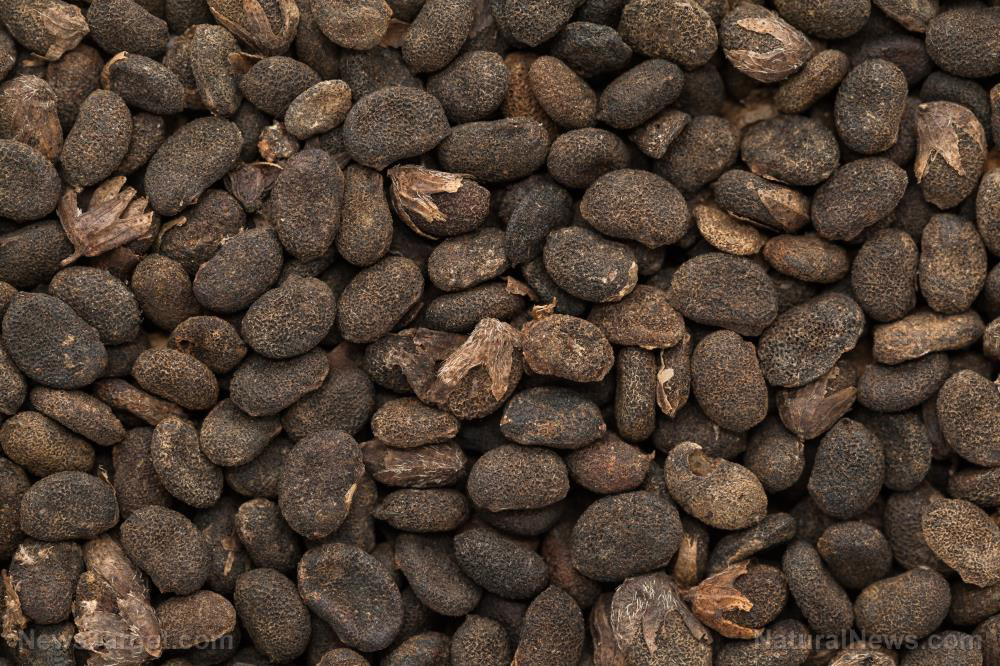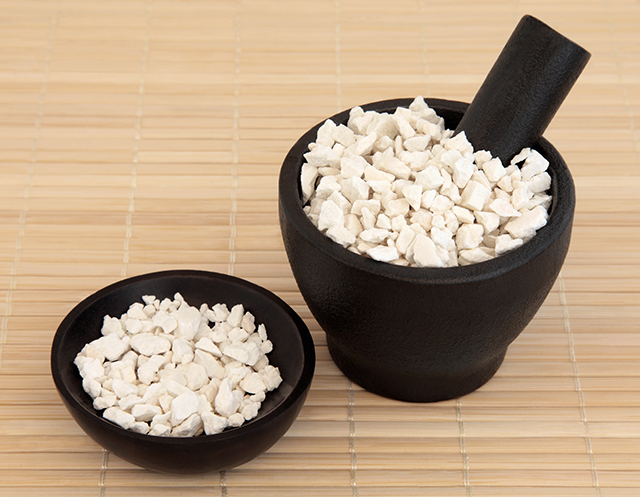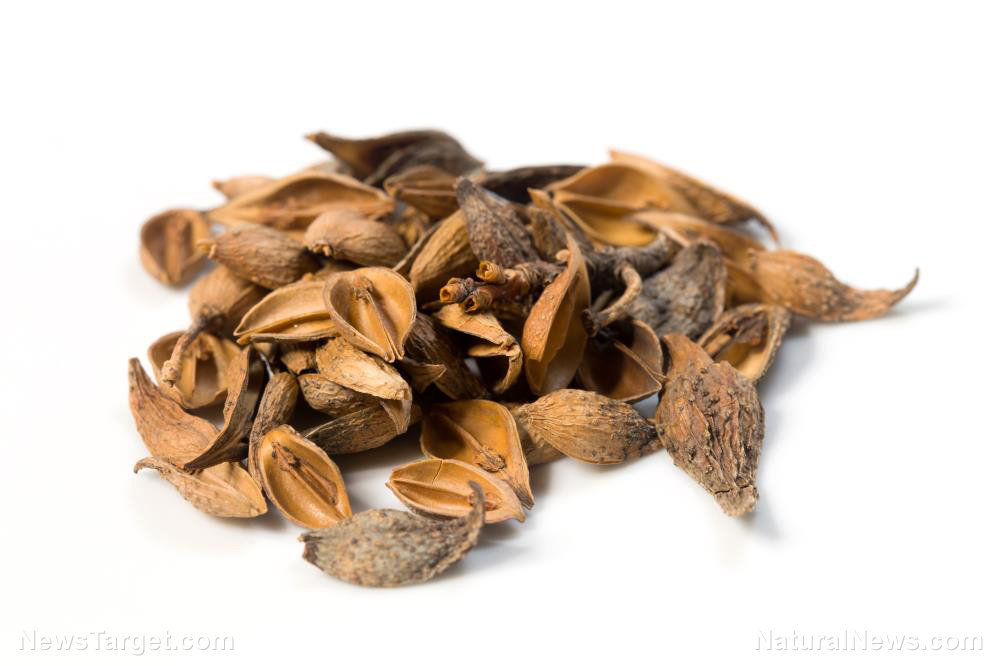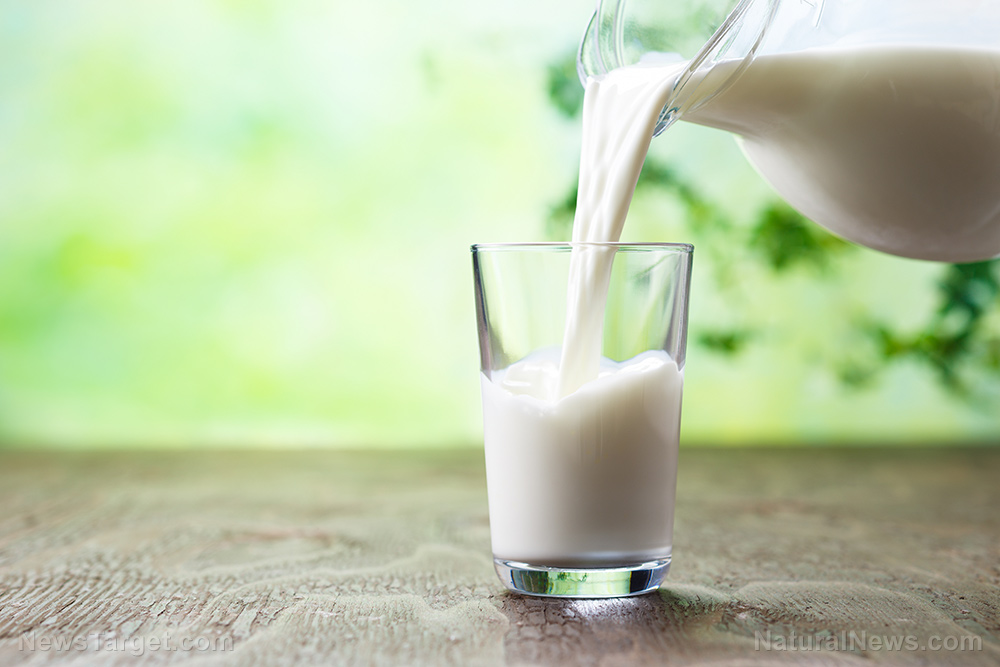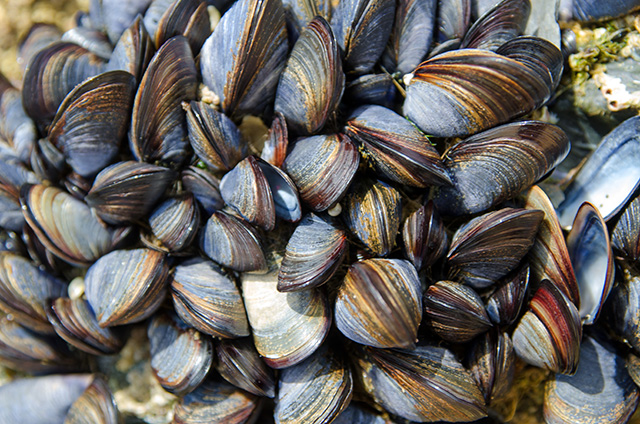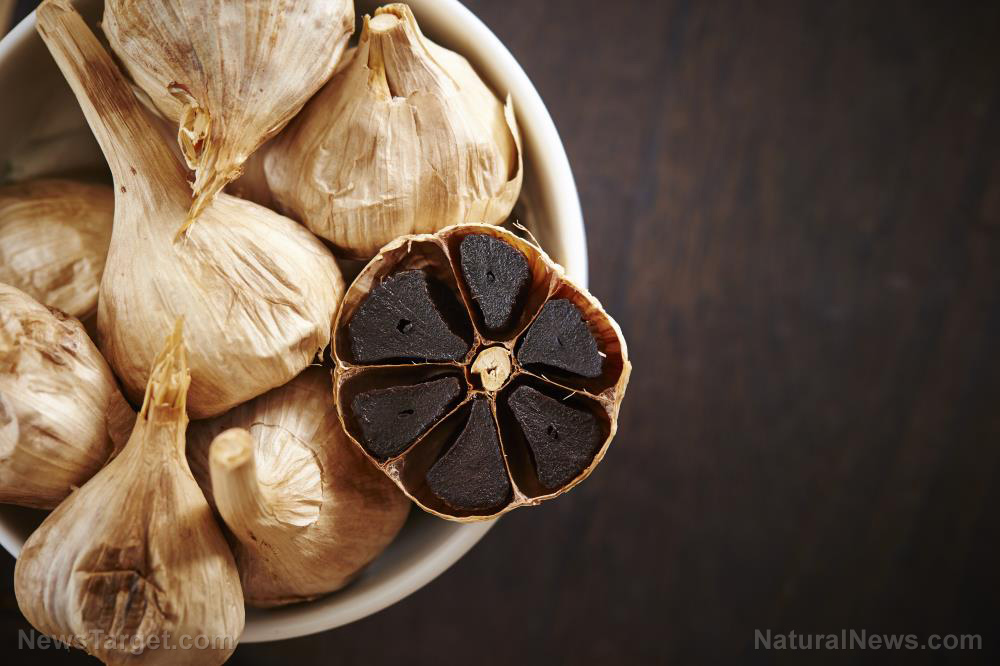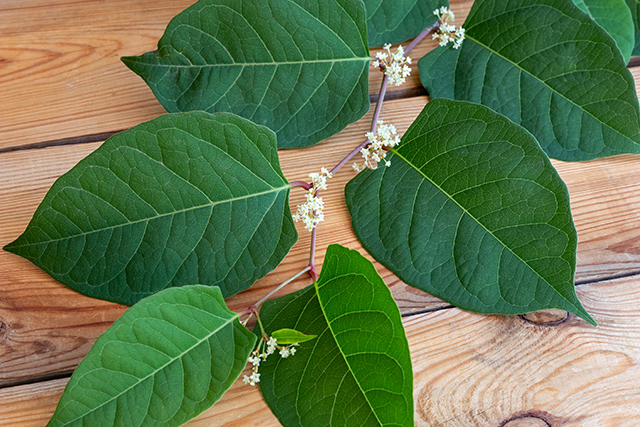Low on protein? Adding cystine improves albumin in the blood
06/18/2019 / By Evangelyn Rodriguez
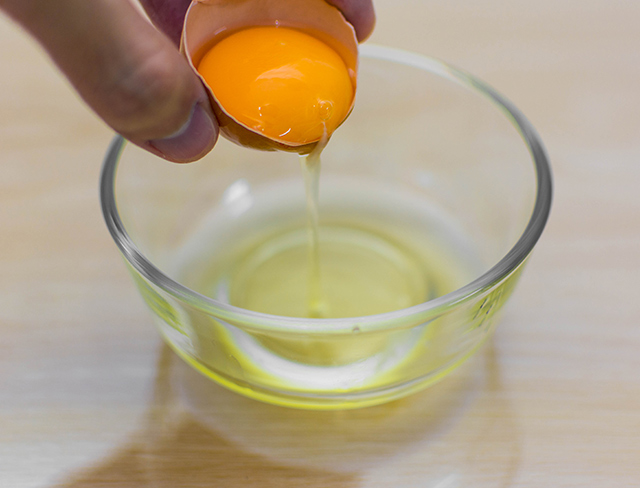
Albumin is the most abundant plasma protein in humans, and it is present in the body in either its oxidized or reduced forms. Many studies reported the relationship between the albumin redox state and chronic diseases such as liver disease; hence researchers are trying to understand its oxidized and reduced states and what factors affect them. In a recent study, a team from Kyoto Prefectural University in Japan examined the amino composition of dietary protein to determine if it modulates the oxidized/reduced state of plasma albumin in rats. They already knew from previous studies that the quantity of protein in diet influences plasma albumin. They aimed to identify the effects of the quality of dietary protein on its oxidized/reduced state. The results of their study were published in the journal Nutrition Research.
The importance of albumin and its oxidized/reduced state
Mercaptalbumin comprises more than 70 percent of the total plasma albumin in healthy people. Mercaptalbumin is the reduced form of albumin. Unlike the other forms of albumin which are oxidized at Cys34 (non-mercaptalbumin), mercaptalbumin has a free thiol on Cys34.
Studies suggest that mercaptalbumin is a good marker of chronic diseases. The ratio of mercaptalbumin to total albumin decreases in response to physiological and pathophysiological conditions. Patients with chronic liver disease have decreased mercaptalbumin to total albumin ratios due to impaired albumin synthesis and oxidative stress caused by liver failure. (Related: Can five-flavor fruit prevent fatty liver disease?)
Renal failure is also associated with decreased mercaptalbumin ratios. As is the case with hepatic diseases, this decrease is due to oxidative stress and correlates with the impairment of renal function. Drastic changes in the redox state of albumin can also be observed in other oxidative stress-related events, such as aging and diabetes. Therefore, understanding the existence of albumin in different forms may be helpful in the detection and/or prevention of serious health problems.
Addition of cystine maintains a balanced ratio of mercaptalbumin to total albumin
In this study, researchers from Japan examined the amino composition of dietary protein to determine if it modulates the oxidized/reduced state of plasma albumin in rats. It was already established by previous studies that the quantity of dietary protein influences the oxidized/reduced state of plasma albumin in rats. However, the effects of the quality of protein are not well-understood.
The researchers hypothesized that the quality of dietary protein could modulate the oxidized/reduced state of plasma albumin. To test their hypothesis, they used male Sprague-Dawley rats and fed them a low-protein diet containing either five percent casein (CA), five percent egg white (EW), or six percent wheat gluten (WG) for two weeks.
The researchers reported that plasma albumin concentration gradually decreased in rats fed each diet. They noticed no significant difference among the groups in terms of albumin concentration. However, in rats fed a five percent CA diet, they reported that the percentage of mercaptalbumin within the total plasma albumin was significantly lower than in those fed the EW or WG diet.
CA naturally contains less glycine and cystine compared with EW or WG, so the researchers decided to supplement the five percent CA diet with cystine and glycine. They reported that in rats fed a five percent CA diet supplemented with cystine, the percentage of mercaptalbumin was significantly higher than in rats fed a five percent CA diet supplemented with glycine.
The researchers also found that the expression of hepatic eukaryotic initiation factor 4E-binding protein 1 (EIF4EBP1) was significantly lower in rats fed the cystine-supplemented diet than in those fed the glycine-supplemented diet. EIF4EBP1 regulates protein synthesis and its function is affected by stress conditions, such as amino acid deprivation. EIF4EBP1 is highly expressed in a variety of human malignancies associated with different kinds of cancer.
Based on their results, the researchers concluded that dietary protein with a high cystine content maintains plasma mercaptalbumin levels in rats fed low-protein diets. Cystine supplementation can reverse the effects of a low-protein diet on the redox state of plasma albumin.
Sources include:
Tagged Under: albumin, albumin synthesis, Amino Acids, casein, chronic diseases, chronic liver disease, cystine, dietary protein, egg white, glycine, liver failure, Low-protein diet, mercaptalbumin, oxidation, oxidative stress, plasma albumin, prevention, protein, renal failure, research, supplementation, wheat gluten
RECENT NEWS & ARTICLES
COPYRIGHT © 2017 RESEARCH NEWS


